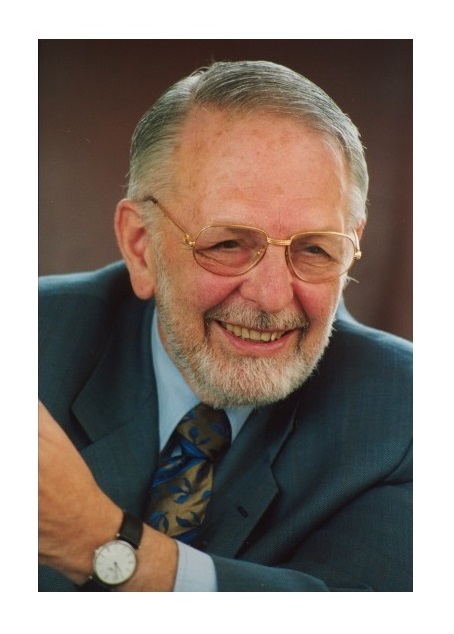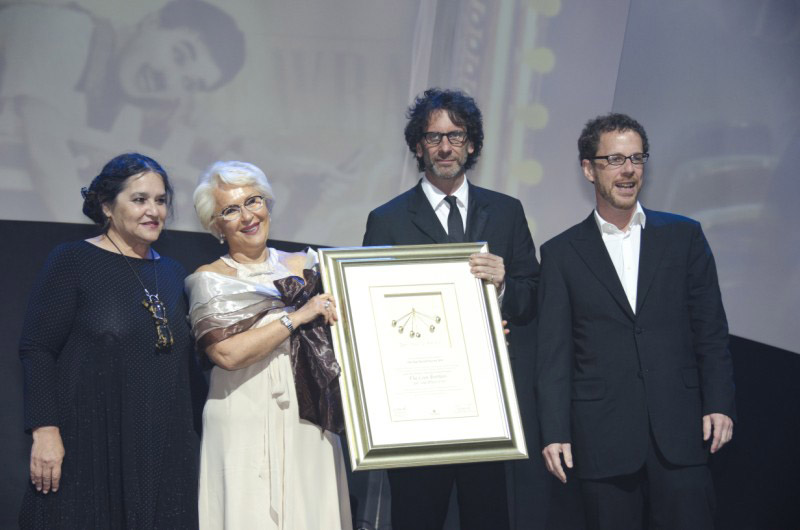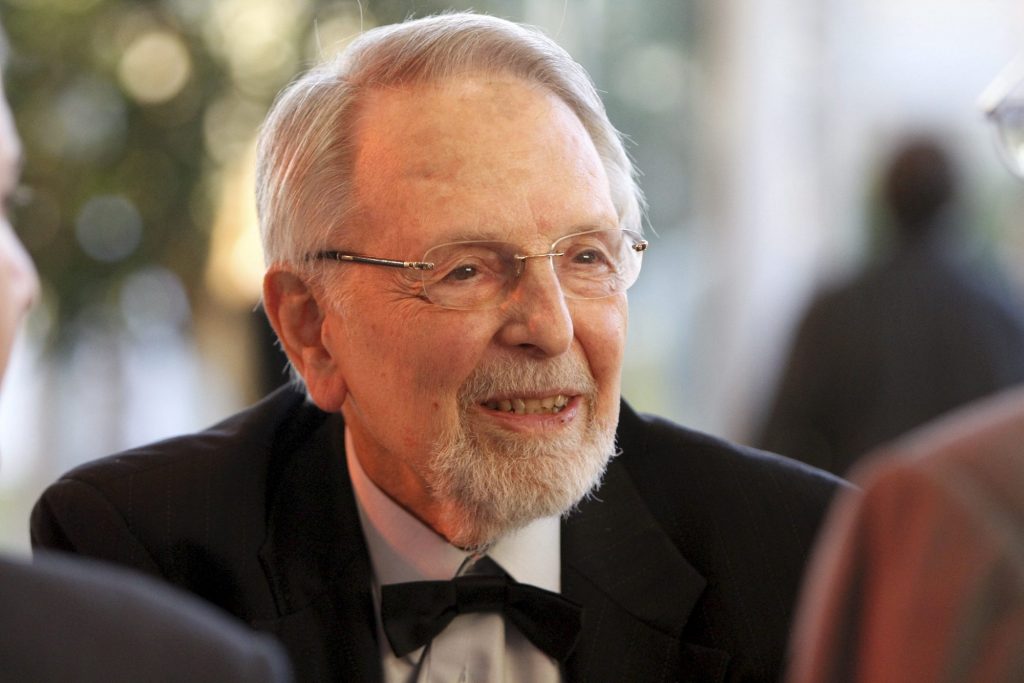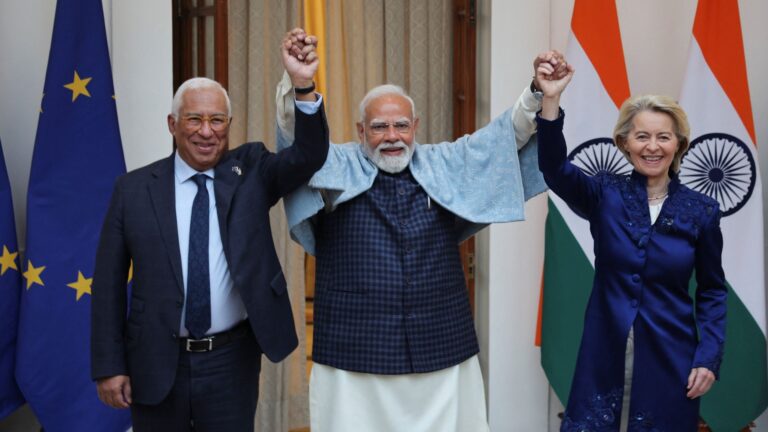
Dan David Prize is one of the world’s most prestigious awards for outstanding contributions to the study of history and the humanities, recognizing innovative research that enriches our understanding of the human past.
Established in 2001 and relaunched in 2021 with a renewed focus on historical scholarship, the prize celebrates scholars whose work bridges disciplines, time periods, and geographies.
Each year, it awards $300,000 to individual winners, making it the largest history prize in the world.
By honouring those who bring fresh insight to how we interpret the past, the Dan David Prize helps shape conversations about identity, memory, and the future of historical research.

(dandavidprize.org)
Behind the prize: Who was Dan David?

(dan david prize.org)
The Dan David Prize was founded in 2001 by Dan David, a Romanian-born Israeli entrepreneur and philanthropist. A Holocaust survivor, he later became a successful global businessman. He created the prize to connect the past, present, and future through knowledge. Initially, the award honored achievements in science, the arts, and the humanities. However, in 2021, it shifted its focus. Now, it celebrates only history and historical research. This shift was not accidental. Rather, it reflected Dan David’s deep-rooted passion for archaeology, memory, and storytelling.
The prize is headquartered at Tel Aviv University and represents a unique intersection of international recognition, academic excellence, and global outreach.
2025 Winners: Voices Reshaping History
Nine outstanding individuals from across continents have been awarded this year. Their work redefines how history is understood, preserved, and shared with society. Who Are This Year’s Trailblazers?
- From Nigeria, archaeologist Abidemi Babalola showed that glassmaking in West Africa began before colonial times.
- In the U.S., Beth Lew-Williams of Princeton highlights the struggles of early Chinese immigrants under harsh racial laws.
- Fred Kudjo Kuwornu, a filmmaker from Italy and Ghana, brings new life to forgotten Black stories in Renaissance Europe.
- At the same time, Caroline Sturdy Colls, a Holocaust archaeologist, uses forensic tools to reveal truths about genocide sites.
- From Harvard, Hannah Marcus explores how science faced censorship in early Europe. Her colleague Mackenzie Cooley studies how ideas about race evolved through animal breeding in the Renaissance.
- Dmitri Levitin, connected to Oxford and Utrecht, looks at how learning shaped knowledge in modern Europe.
- Meanwhile, Alina Șerban, a Roma artist, gives a voice to her community through film and theater.
- Finally, Bar Kribus, an Israeli archaeologist, uncovers the hidden traditions of Ethiopia’s Beta Israel through oral history
The Dan David Prize proves that history is alive and relevant. This year’s winners show us how the past shapes today’s world. Their work, across cultures and topics, gives us new ways to think and learn. As we look ahead, these voices will keep history strong, clear, and connected to our future.
Discover more articles offering historical or cultural insight stay tuned at The World Times.



